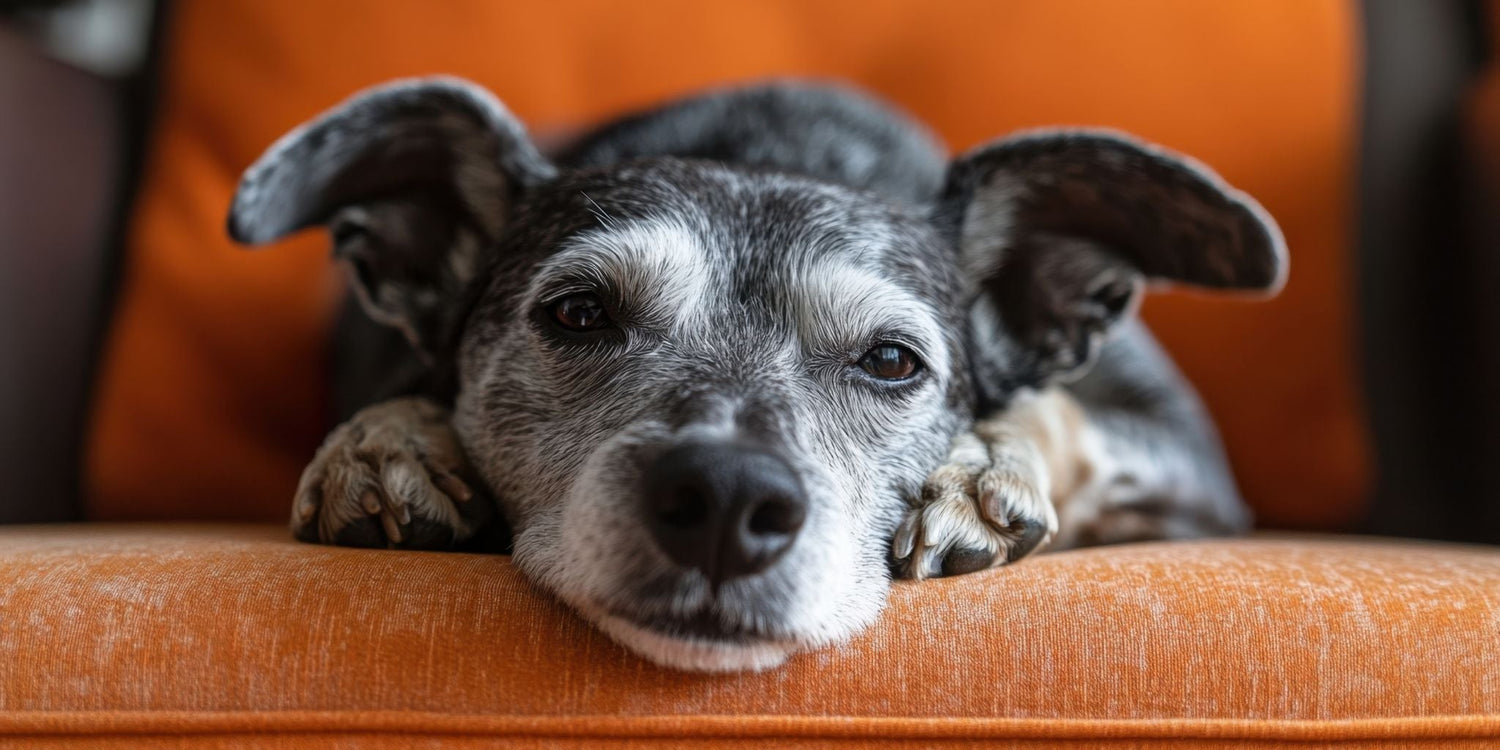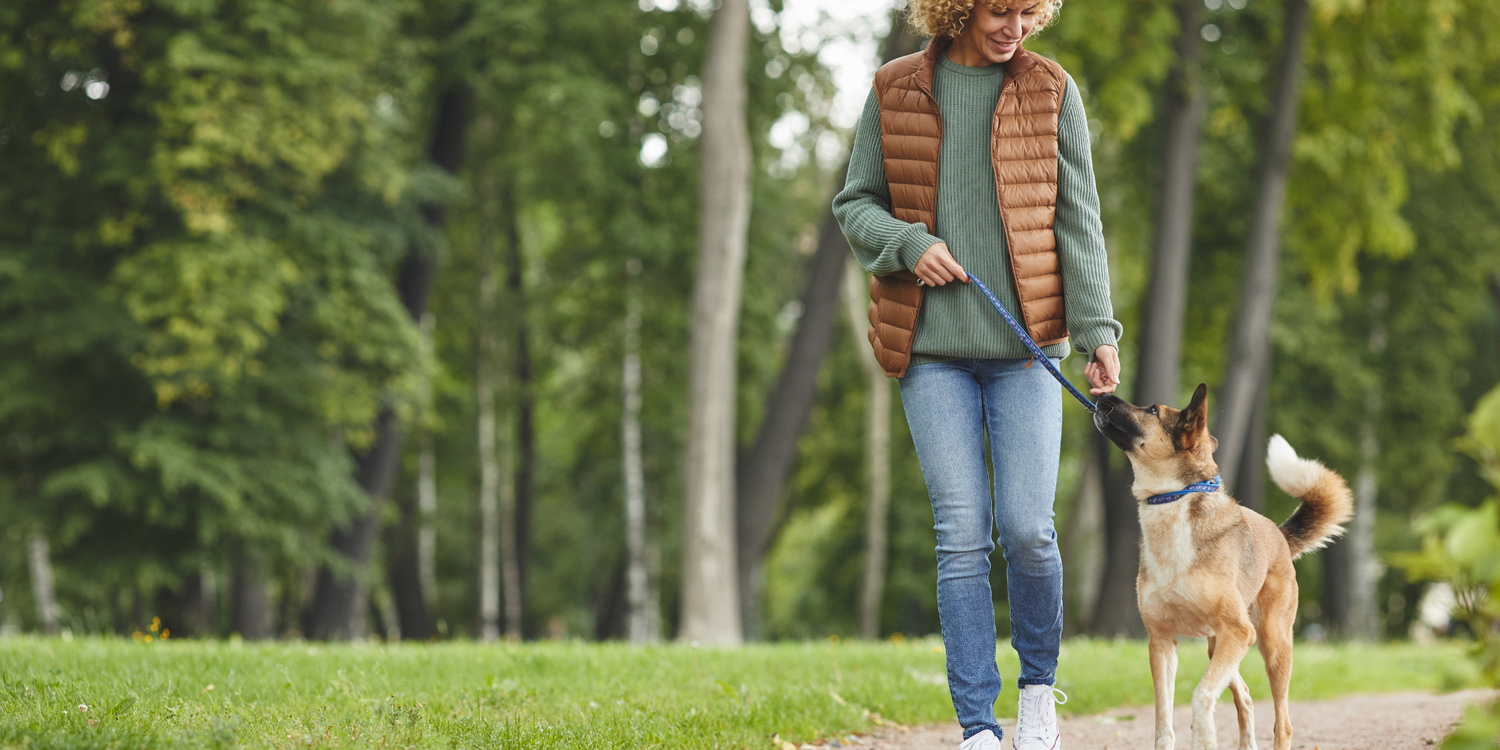
At the end of the day, each circumstance is different. There is no one correct answer that fits everyone. Whether your dog sleeps in your bed comes down to the relationships in the household, personal preferences of the people and the dog and what the knock-on effects are in practice.
Some people are light sleepers and when their beloved dog is in their bed they barely get a minute. While this warm feeling of company at night might feel nice in the moment, sleep deprivation can have very subtle but very serious impacts on our mental health. While making sure that their dog is going to be comfortable elsewhere may still involve a few nights of broken sleep, the long-term potential benefits of this may be worth the short term discomfort. Some people sleep far better with their dog by their side at night and see no reason from their own point of view as to why the dog wouldn’t be on the bed each night as they settle down.
Some dogs prefer their own space, whether that is because they have a strong sense of independence or simply because they overheat easily. If this is the case, then forcing them up onto our beds may not be in their best interest and a crate or sleeping space away from your bed may be more appropriate. Other dogs may crave that connection, social sleeping is a strong bonding exercise for many dogs after all and locking a dog in a crate away from their family may have emotional consequences that flow well beyond a few sleepless nights of a crying dog.
Navigating what is right regarding building up their tolerance to being left alone is a tricky minefield too when searching for that magic answer that’s right for your dog and your family. Some dogs, when allowed to sleep in the bed at night, develop an overwhelming sense of safety and security which helps them feel settled if home alone. Whereas others may never leave their human’s side and the circumstances in this home may be that sleeping at night may be the only opportunity the caregiver gets to build their dog's sense of security without the company of a human family member.
It really does come down to the situation. We’re big believers in ‘if there are no behavioural consequences’ then listen to the personal preferences of the family of the dog and strike a healthy balance and do what suits your wants and needs best. But if you suspect that there may be behavioural consequences one way or the other, consult a professional to help you objectively mediate and navigate this situation to conclude that is appropriate to your situation.





